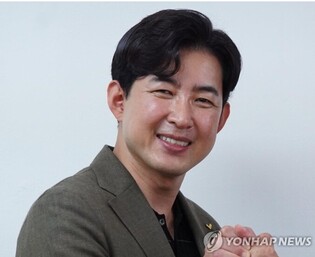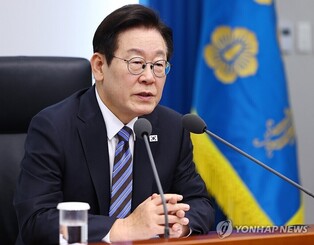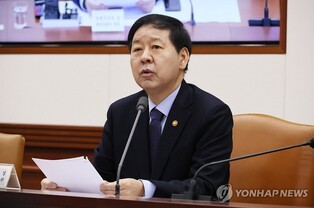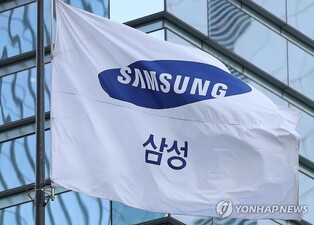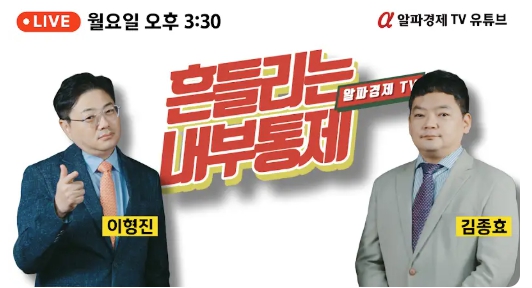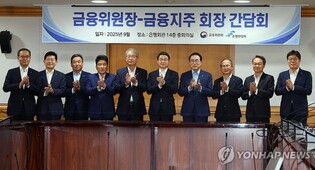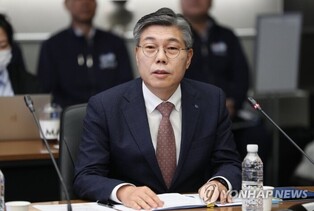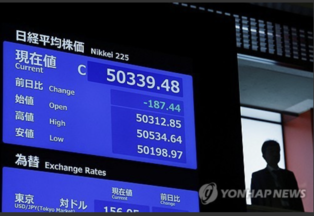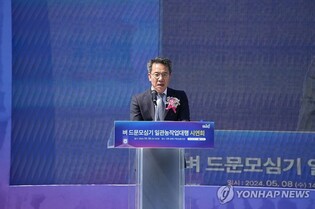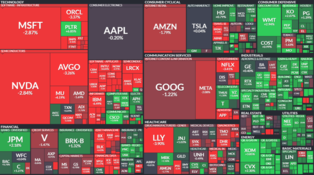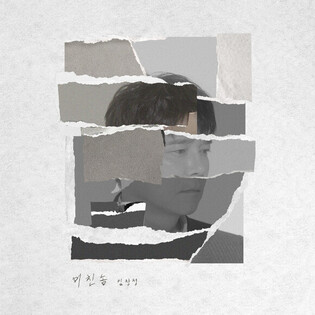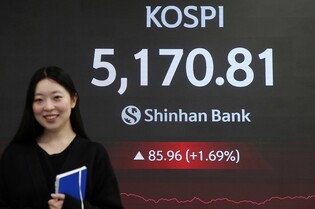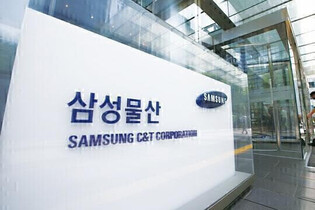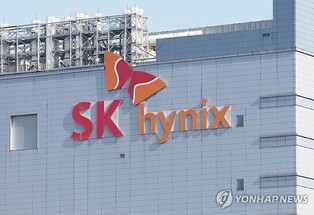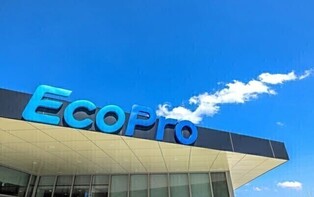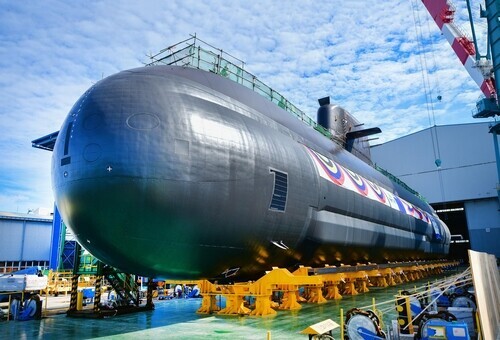 |
Launch of South Korea’s third 3,000-ton class submarine, ROKS Shin Chae-ho. (Yonhap) |
[Alpha Biz= Kim YoungTaek] A long-standing issue in South Korea’s defense sector — the classification of materials as government-supplied or contractor-supplied — has recently emerged as a central controversy, with growing calls for reform.
In public procurement, government-supplied items are purchased directly by government agencies, while contractor-supplied items are procured by the prime contractor. In the defense industry, the Defense Acquisition Program Administration (DAPA) decides which weapon system components fall into each category. Industry insiders argue that the criteria are ambiguous, leading to frequent disputes and unfair competition among contractors.
The issue gained attention after HD Hyundai Heavy Industries clashed with Hanwha Ocean over contractor-supplied equipment for the ROKS Shin Chae-ho, the third KSS-III Batch-I submarine delivered to the Navy last year. During the design phase, Hanwha Ocean was tasked with developing three key systems — the bow weapon system, fuel cell system, and vertical launch system — under contractor supply.
When HD Hyundai Heavy Industries was billed ₩215 billion (out of the total ₩644 billion project cost) for the three systems, it argued the charges were excessive and filed a complaint with the Fair Trade Commission. Observers note that if the equipment had been designated as government-supplied, the conflict might have been avoided.
A similar dispute has surfaced in the KSS-II (214-class) submarine upgrade program, which aims to replace German ISUS systems with locally developed ones and integrate sonar capabilities. Industry representatives claim that LIG Nex1, which developed a mine-avoidance sonar under contractor supply, provided price quotes only to HD Hyundai Heavy Industries — leaving Hanwha Ocean at a disadvantage.
Critics warn that these practices undermine fair competition, create monopolistic control of technical information, and stem from loopholes in the current classification system.
The defense industry is urging the government to introduce clearer standards and policies to minimize destructive competition between domestic contractors. Stakeholders emphasize that reforms are essential to prevent conflicts, protect fair bidding practices, and strengthen the overall competitiveness of Korea’s defense industry.
Alphabiz 김영택 기자(sitory0103@alphabiz.co.kr)


















